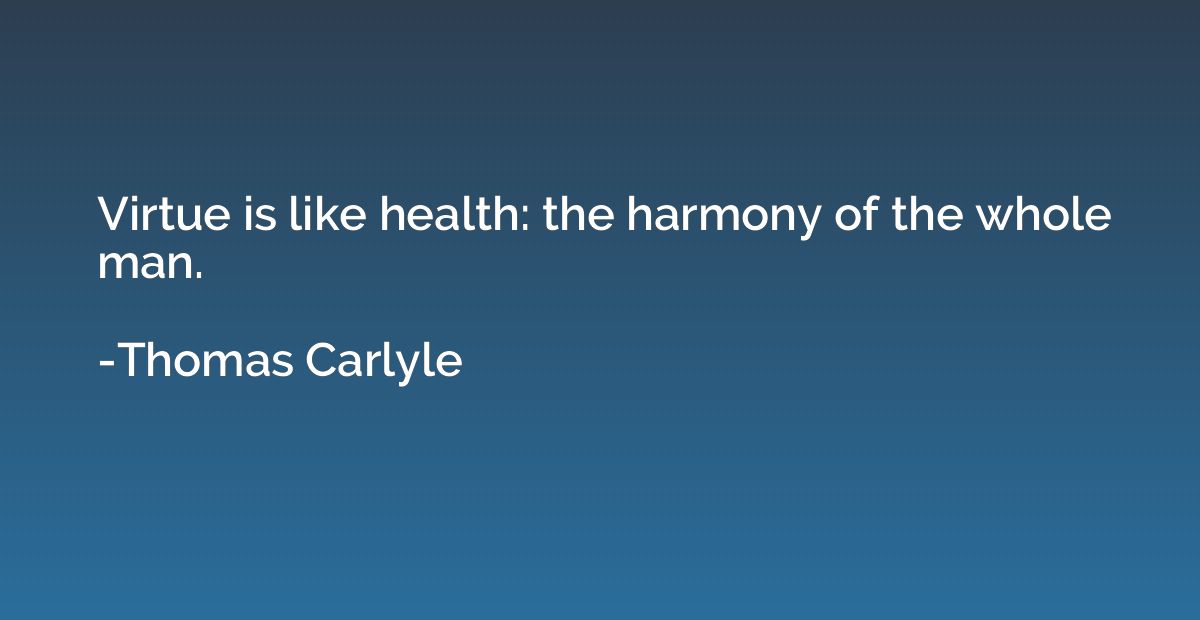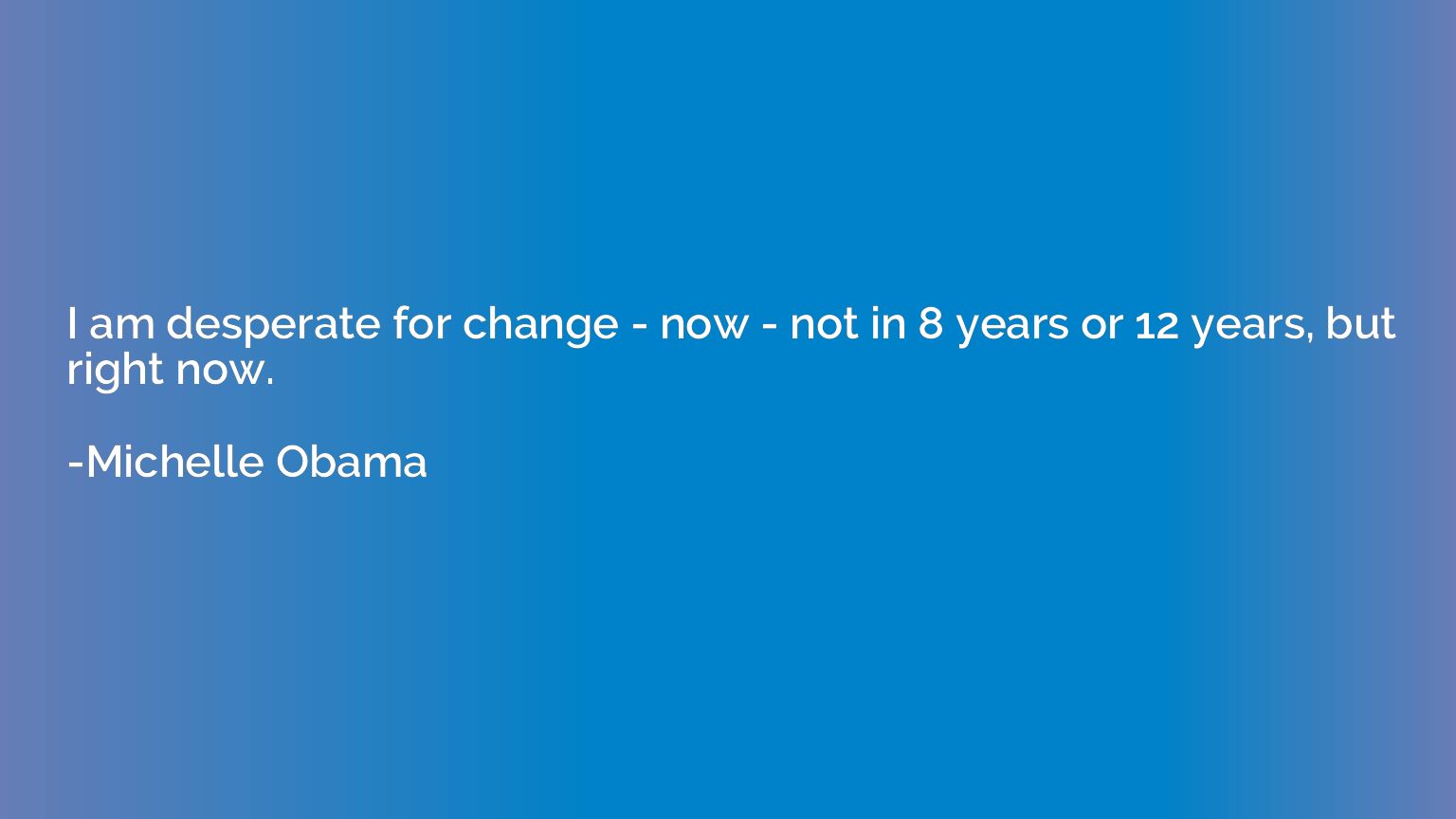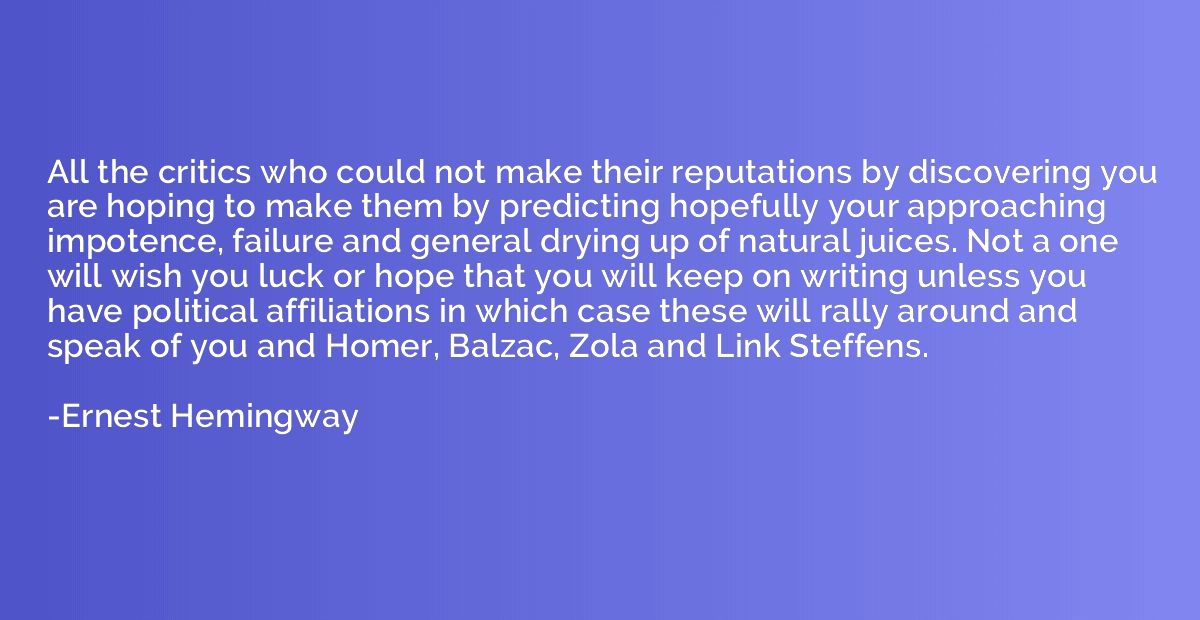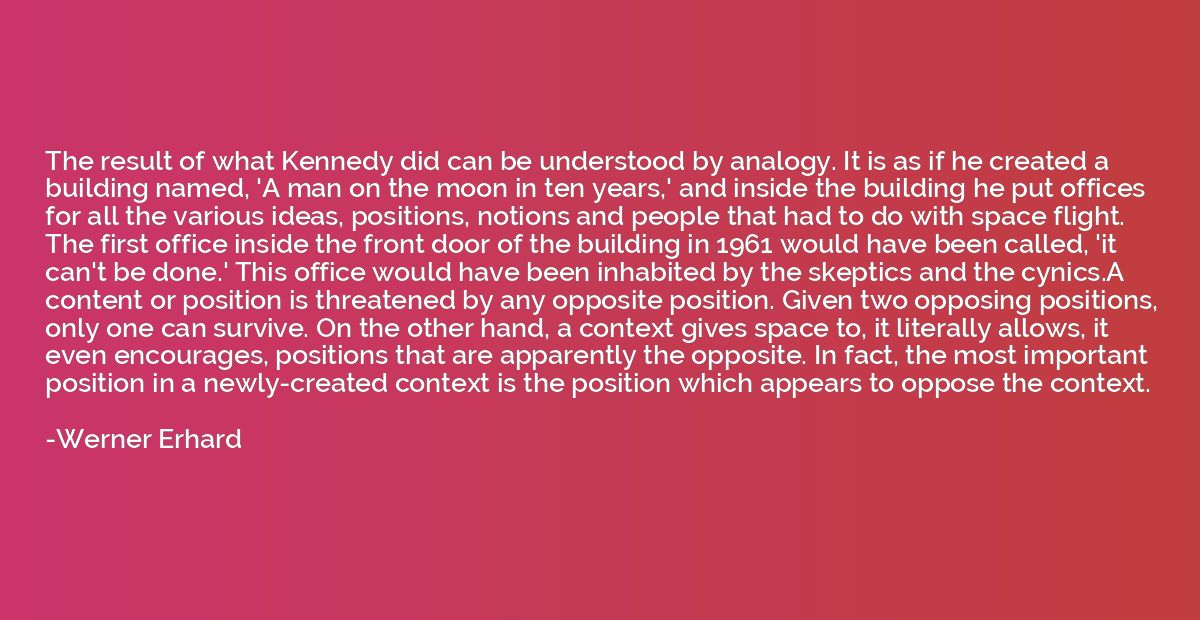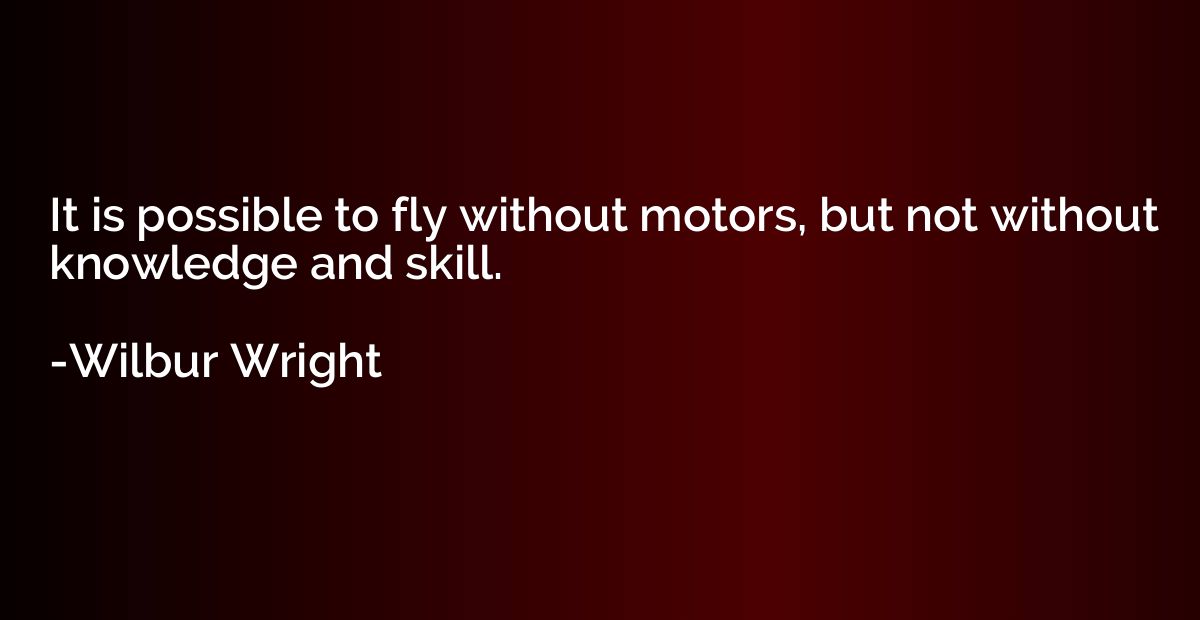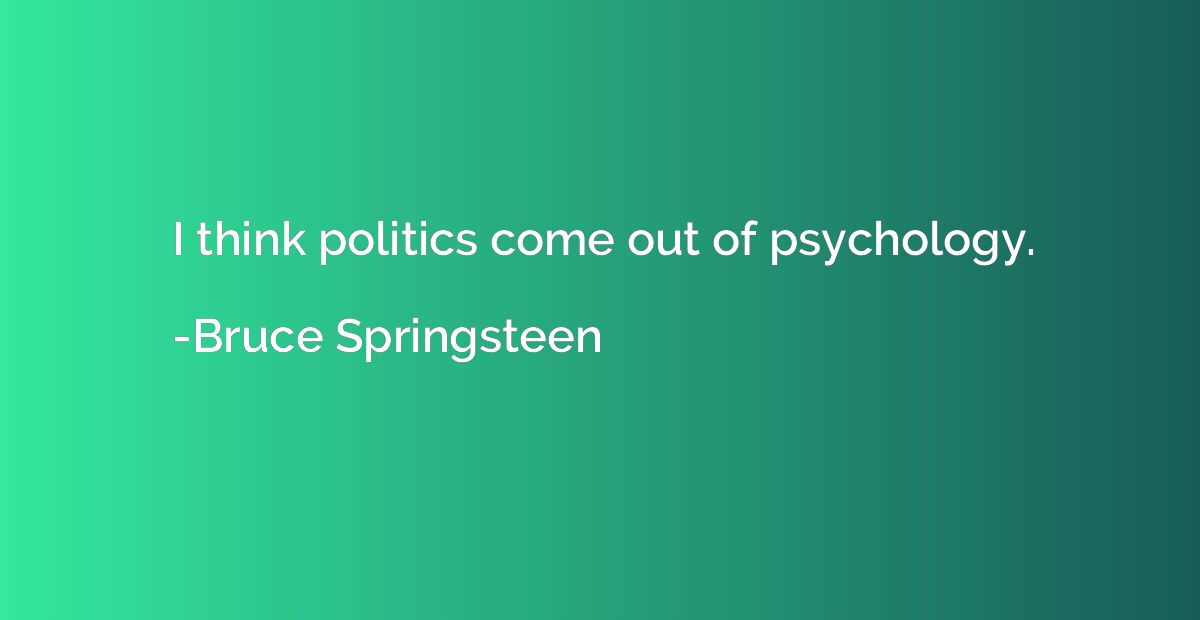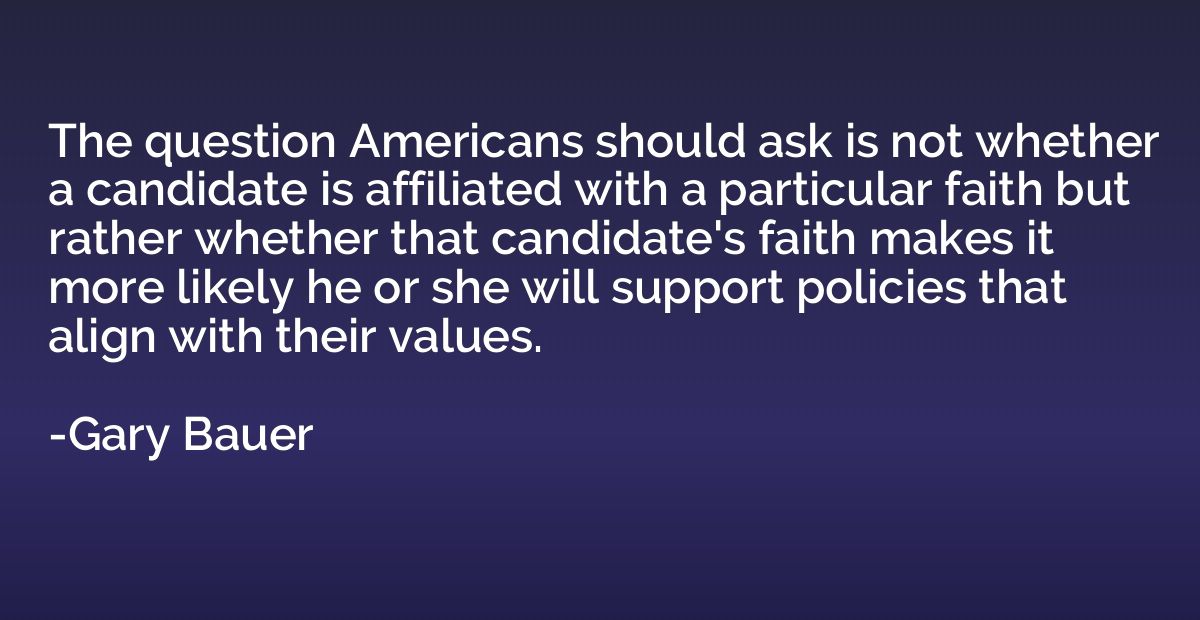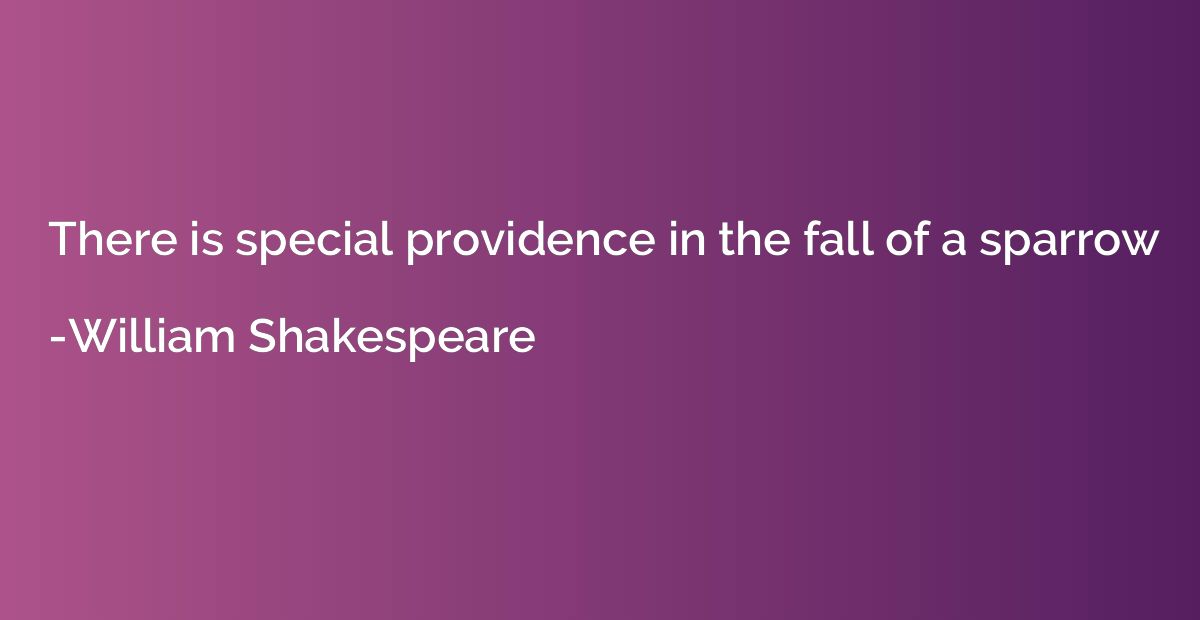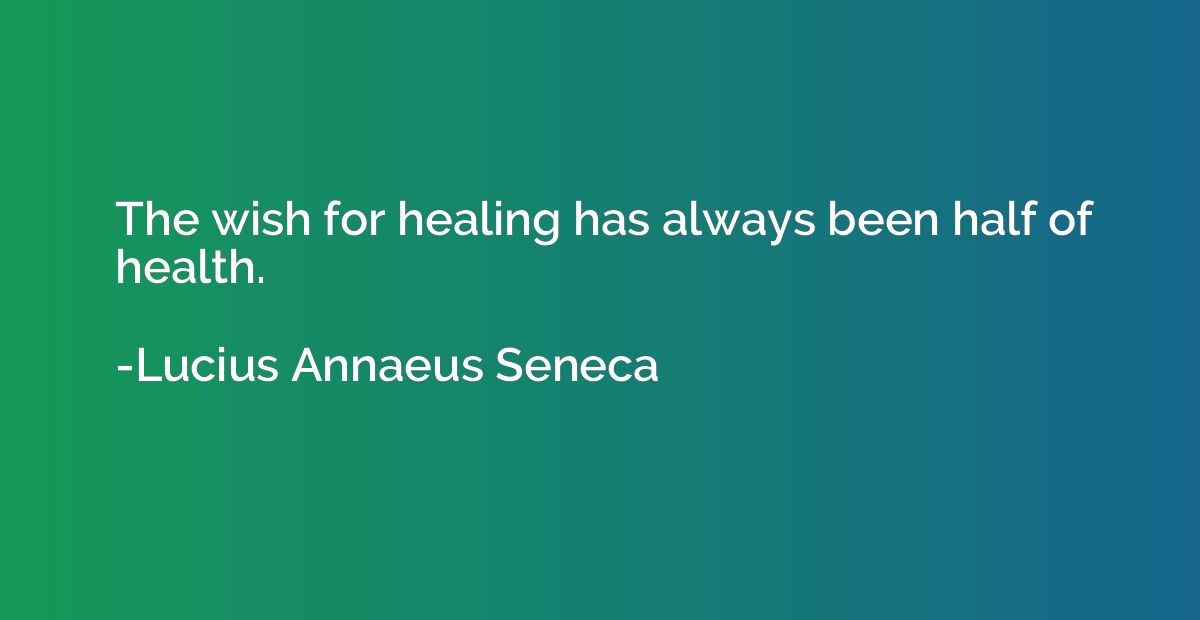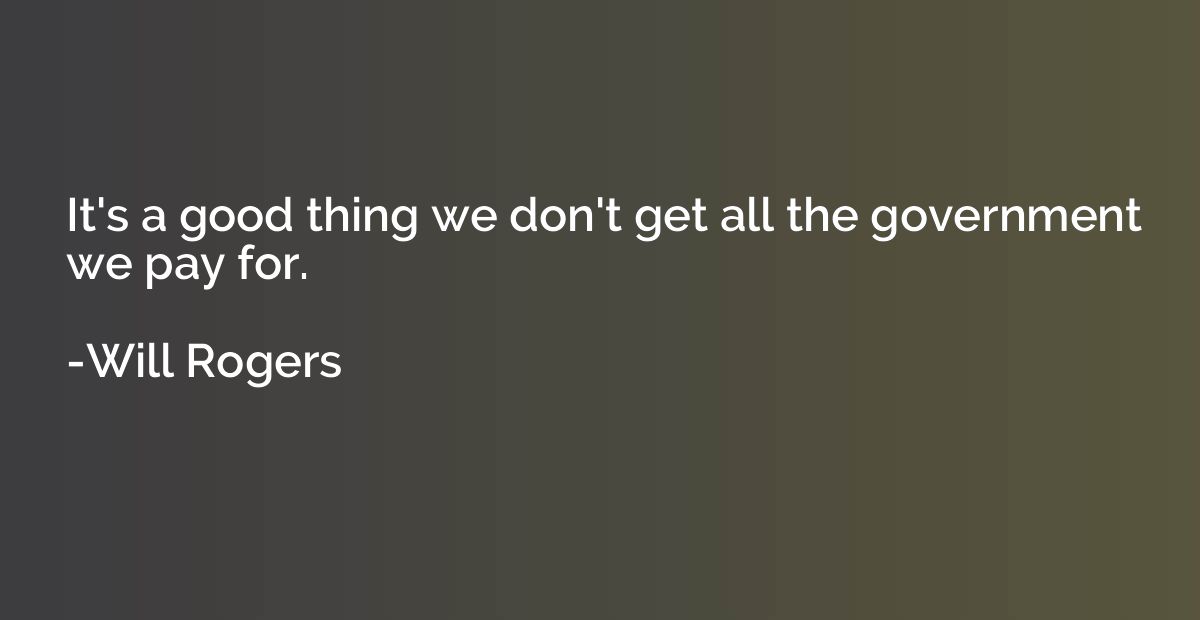Quote by William Shakespeare
He that is proud eats up himself: pride is his own glass, his own trumpet, his own chronicle.

Summary
This quote suggests that excessive pride leads to self-destruction. When someone is consumed by pride, they become their own downfall. Pride acts as a mirror, reflecting back their flaws and weaknesses. It also acts as a trumpet, exaggerating their achievements and abilities. In a way, pride becomes a chronicle that documents their self-inflicted downfall. This quote serves as a reminder to avoid excessive pride, as it can blind individuals to their faults and ultimately lead to their own detriment.



